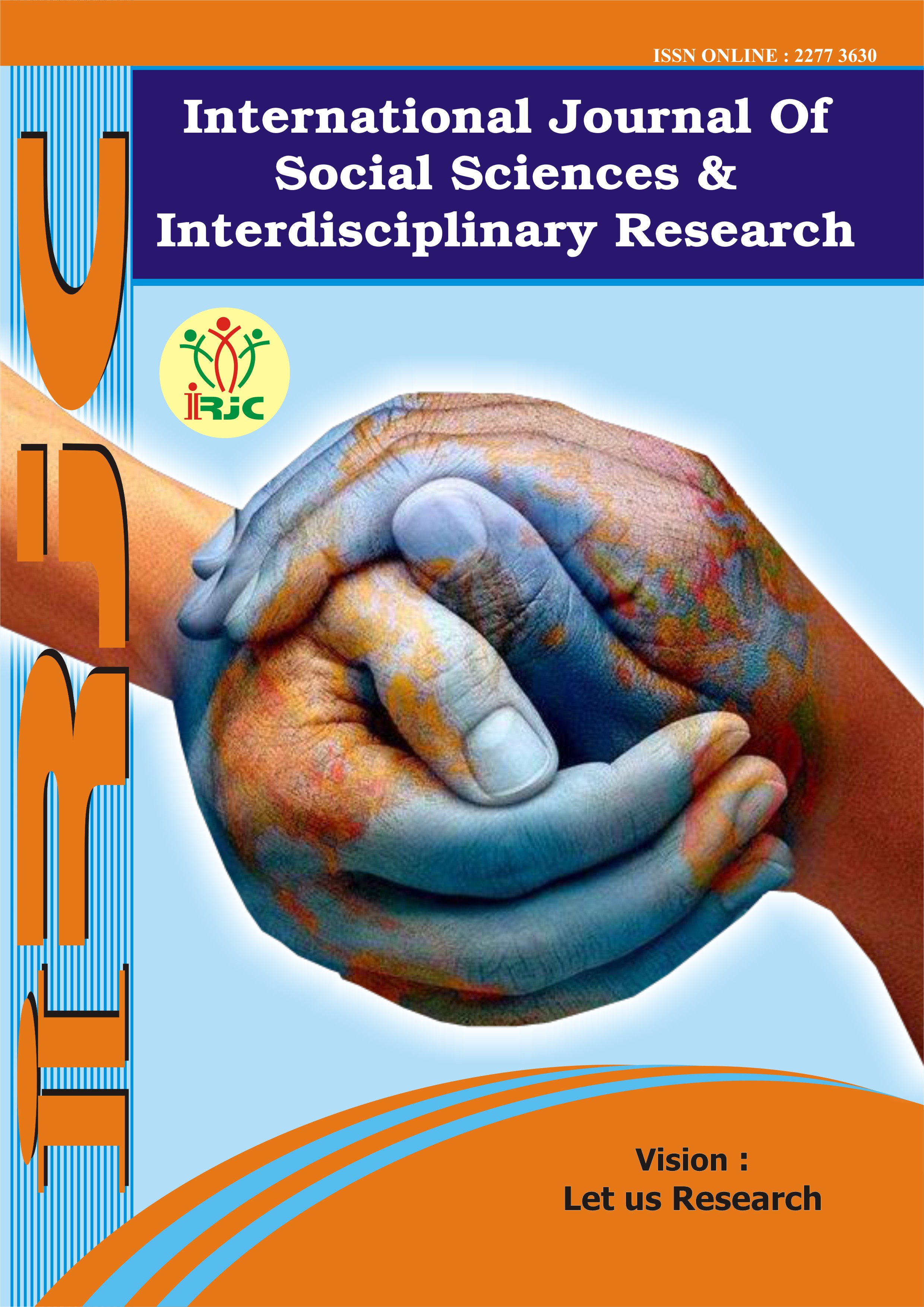Analyses of zoo-component expressions in German and Uzbek languages
Keywords:
zoo-components, stylistic coloring, etymology, linguistic fact, homonyms, genealogically.Abstract
This article highlights about the concepts of zoo –components while studying phraseological units .Also etymology of the words analysed and underpinned the peculiarities in the languages. Besides it antrocentric study of zoo-component expressions can be studied. Phraseological units are used in comparable languages to give our speech more vividness, imagery, metaphor, stylistic coloring of expressiveness, and most importantly, relationships between people.
References
Sharipova M. Structural-semantic analysis of phraseological units with flora and fauna in German, Russian and Tajik languages. Diss... Cand. Philology ‒ Dushanbe, 2020 ‒ S. 49.
Mahmud Koshgari. Devonu Lugotit Turk. Translator and publisher S. Mutallibov. In the first place. - Tashkent: Uz FAN, 1960. - B. 155, 154.
Sodikov K. Linguistic features of "Kutadgu bilik" // Immortal insults. - Tashkent: Science, 1989. - B. 298.
Ibrahimov S., Shamsiev P. Dictionary of Navoi's works. - Tashkent: Literary and Art Publishing House named after Ghafur Gulom, 1972. - B. 623.
Old Turkic dictionary. - L.: 1969. - S. 451, 453.
Shcherbak A.M. The question of the origin of the verb in Turkic languages // Questions of language. – 1975. – №5. - S. 18-29; Kapsibekov E.Z. Verb-noun correlation of homogeneous roots in Turkic languages. - Nauka, 1986. - S. 271
Mahmud Koshgari. Devonu Lugotit Turk. Translator and publisher S. Mutallibov. In year III. - Tashkent: Uz FAN, 1963. - B. 154.
Shcherbak A. Names of domestic and wild animals in Turkic languages // Historical development of vocabulary of Turkic languages. - M.: Izdatelstvo AN USSR, 1967. - S. 110.
Rakhmatullaev Sh. Etymological dictionary of the Uzbek language. - Tashkent: University, 2000. - B. 583.
Melioransky P.M. Arabic philologist and Turkish language. - St. Petersburg: Typography of the Imperial Academy of Sciences. - 1900. - S. 0108.
Negmatovna, A. D. (2020). Pedagogical basis of promoting preschool children interest in a healthy lifestyle. ACADEMICIA: An International Multidisciplinary Research Journal, 10, 126-129.
Negmatovna, A. D. (2021). The System Of Introduction Of Pedagogical Technologies In The Didactic Processes Of Higher Education On The Example Of Young Psychology. Eurasian Journal of Learning and Academic Teaching, 3, 12-16.
Negmatovna, A. D. (2021). Improving the pedagogical conditions for the introduction of copyright technologies (on the example of the subject of pedagogy). World Bulletin of Social Sciences, 4(11), 17-22.
Negmatovna, A. D. (2020). Formation of Ideas About a Healthy Lifestyle in Teaching Children of Senior Preschool Age. psychologist, 7(5).
Fayzullaevna, Y. D., & Negmatovna, A. D. The Role of Educators in Modern Education. International Journal on Integrated Education, 3(10), 180-183.
ALIMDJANOVA, D. N., & BERDIEV, D. V. (2022). THEORETICAL METHODOLOGICAL FUNDAMENTALS IMPROVING PEDAGOGICAL TERMS OF IMPLEMENTATION OF AUTHOR TECHNOLOGIES. THEORETICAL & APPLIED SCIENCE Учредители: Теоретическая и прикладная наука, (2), 201-205.
Downloads
Published
How to Cite
Issue
Section
License
Copyright (c) 2022 GEJournals

This work is licensed under a Creative Commons Attribution-NonCommercial-NoDerivatives 4.0 International License.





